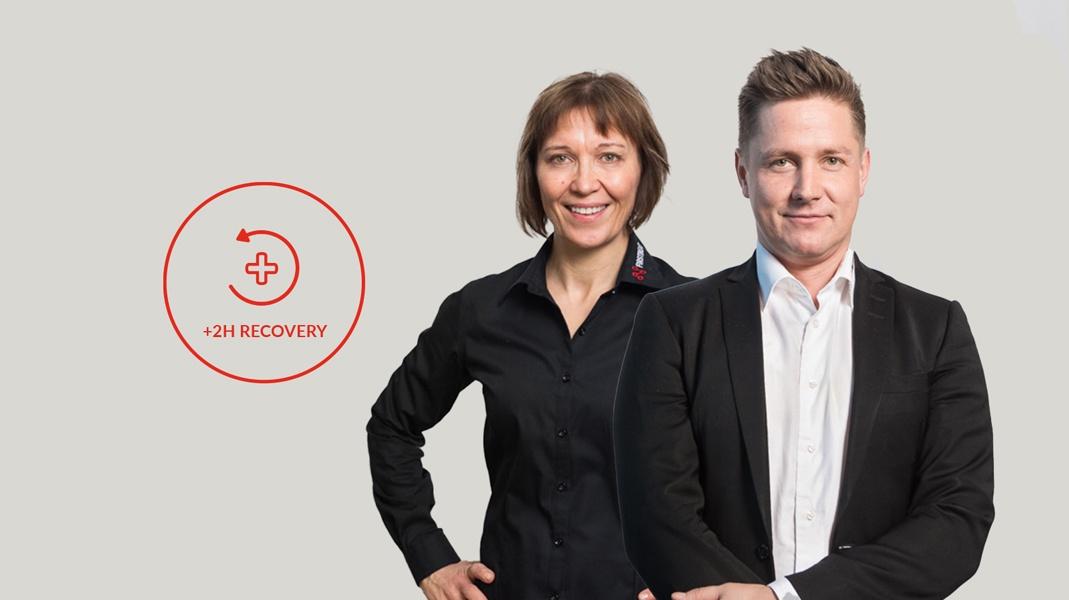
It’s almost two months since the Covid-19 restrictions took full force and changed our daily lives all around the world. Even though we’re used to online meetings here at Firstbeat – staff and clients spread worldwide – and despite a flexible attitude towards remote work already existing, the change has still been huge. When I have gone to the office to run a webinar, the usually bustling hallways have been virtually empty.
We wanted to see how this unique situation was affecting us, and that meant many of us putting on Firstbeat Bodyguards and conducting new measurements. We compared the results to earlier measurements and this is what we found:
Two more Hours of Recovery In 24 Hours
The amount of recovery had increased across the board – on average by about 30 minutes both during work and leisure time, as well as during sleep.
The change in work routines at Firstbeat wasn’t as big as for some other companies, and several people mentioned having less distractions at home vs in the office. Many of the group don’t have kids which obviously makes it easier to focus at home. Some felt a bit bored, missing the usual office buzz and in-person client meetings, and their workdays showed significant amounts of green recovery. With hobbies and socializing on hold, there was more ‘down time’ during leisure time as well.
Extra recovery is nothing to worry about. It can help us focus and cope with the current uncertainty. But, the lack of stimulation and challenge can eventually lead to ‘boreout’ – a form of stress with similar symptoms to burnout. We reach our personal performance peak when we are suitably challenged.
We Slept Longer and Better
The measured group was sleeping for longer and getting better quality rest. Sleep duration had increased by 20 minutes, there was more physiological recovery (green) during sleep, and the quality of recovery (heart rate variability) was on average five percent better than before.
Many of us can sleep a little longer because there is no commute, and it can also be easier to go to bed earlier without evening hobbies. Especially in bigger cities, the savings in commute time can be significant. However, even if our group succeeded in improving all the sleep markers, increased sleep duration does not automatically guarantee improved sleep quality.
It can be harder to turn off the mind at night, or stay in peaceful sleep, if the situation causes a lot of stress and worry. Prioritizing enough sleep time AND taking concrete steps to slow down in the evening is more important than ever – learning to switch off (your body, mind, lights, and devices).
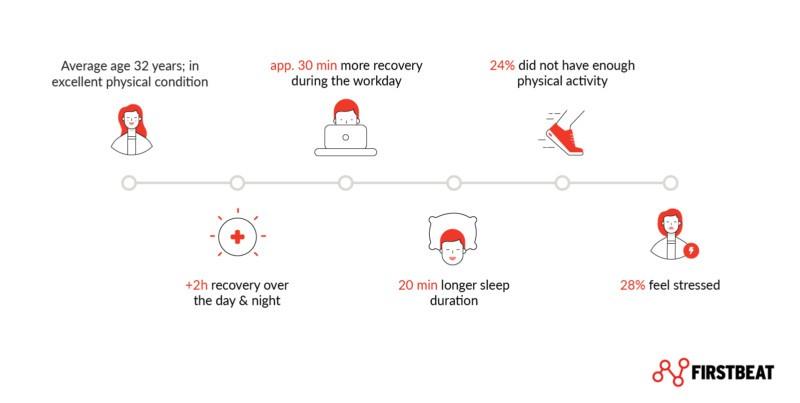
Some Are a Little Less Active
In general, Firstbeat is a very active workforce. Before this pandemic, only five percent of staff were ‘inactive’. Now, almost 25 percent scored below the recommended daily activity guidelines, although a third were still well above the average.
Most of this group usually commutes to work on foot or bike, and even if it’s short, that activity is missing now. The number of naturally accumulating steps at home is low when compared to the steps that we accrue along our office hallways. Many of us do teams sports or group exercise, which has all been on hold. Some clearly had not found alternate ways to exercise, yet.
We should not obsess about reaching the usual step counts or exercise volumes in this time; the focus can be on maintenance and overall well-being. However, that does not mean giving up and constantly choosing the couch – we should be creative and find enjoyable ways to integrate exercise into our days, within the current constraints. This not only helps us maintain fitness but is a great stress management tool.
Feeling More Stressed
Even if the group result showed better recovery and less measured stress than before Covid-19, subjectively we felt more stressed. Experienced stress was 13 percent higher when compared to the previous measurement, with 28 percent of us now feeling stressed.
This shows that experienced stress is not always in line with the physiological reaction. We at Firstbeat are by no means immune to the health and financial worries caused by the exceptional situation, but since we are for the most part in good health and fitness, with better than average knowhow on wellness strategies, our bodies demonstrated good capacity to cope with stress and uncertainty – indicating good resilience.
However, the physiological reaction can sometimes be delayed, so this is an important area for us to acknowledge. A good time for each us to identify concrete stress management and stress relief methods to make sure this trend does not get worse.
We Are All Individuals
These findings are averages and generalizations. They provide an interesting overview, but in the end, it’s all about the individual. Everyone’s background and daily life is different, and we react to stress and change in unique ways. For example, we noticed that the more introverted of us tend to enjoy the peace and quiet of working at home, whereas extroverts miss the hustle and bustle of their usual routine, which can either cause extra stress, or lead to ‘boreout’.
Personally, my adjustment to “Corona life” has been relatively easy if you leave out the general worry. My kids are grown-up, so I don’t have to navigate between nap times and home schooling. The biggest change has been a lack of travel as the rest of my routine has always included a lot of online work. I didn’t have to adjust my exercise drastically because most of it takes place out on the trails and in the forest.
During lockdown, I’ve found that I crave the outdoor time more than ever, to balance the heavy computer time and online meetings. When it comes to sleep, I still have good and not so good nights, but I need to pay even more attention to emptying my head and switching off at night.
Here’s a different example from my colleague that highlights our unique situations and challenges:
Account Director, Firstbeat:
”My result is not a pretty picture: the days are dominated by stress reactions, with little recovery even during sleep. Normally, my days are filled with interaction and sales meetings, and not having those stresses out an extrovert like myself. Also, just before the lockdown, my life changed in a major way when I moved in with my spouse and her kids. Now we are all inside the same four walls all day. I simply haven’t yet figured out the right coping mechanisms and ways to recover in this new situation.”
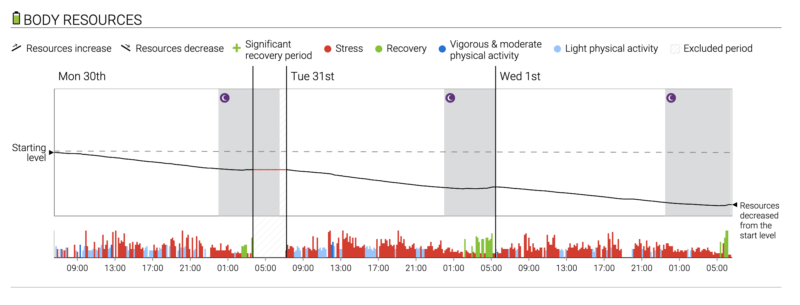
VALUE OF GROUP DATA
Even if each team consists of different individuals with unique challenges and areas to work on, company averages and the “big picture” provide definite value. The employer does not see the individual results like the ones that Firstbeat provides, but it’s important for the employer to have an idea of how the staff is doing. This is where anonymous group and organization level data is very valuable.
Our test group was young and people who seek a job here usually have a built-in interest in well-being. Thus, we tend to be healthier and fitter than a typical employee group. And working with the topics of stress and recovery raises our awareness at a personal level, too.
But as many individual results have showed, both this time around and earlier, we are not immune to lifestyle and wellness challenges. We too have periods of heavy stress and overload, worry about the current situation, forget to take breaks, stay online too late at night, drink beer and neglect the importance of healthy nutrition. That’s life, with and without the Coronavirus. Collecting data and looking at how your staff is doing provides valuable insights into the unique challenges of your company and can help you focus your staff wellbeing efforts.
Want to know how your staff is doing right now?
You might also be interested in
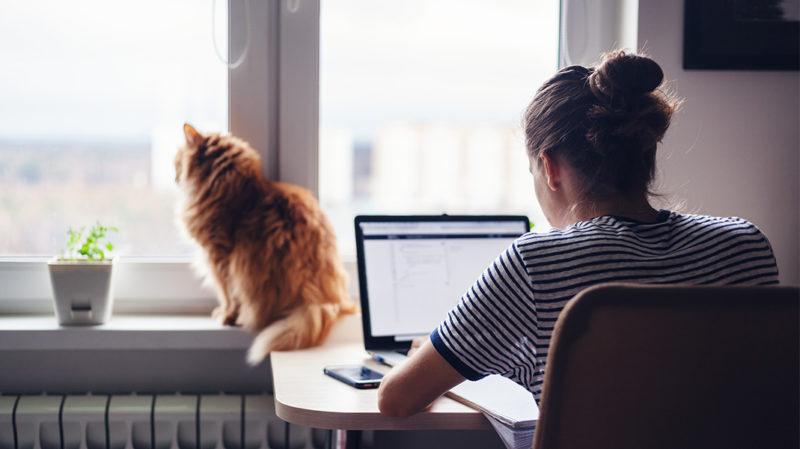
How to Take Care of Your Employee’s Well-Being During These Unprecedented Times
Our personal, everyday lives and routine have been turned upside down in an instant. We’ve had to adjust to new ways of working and enjoying leisure time.
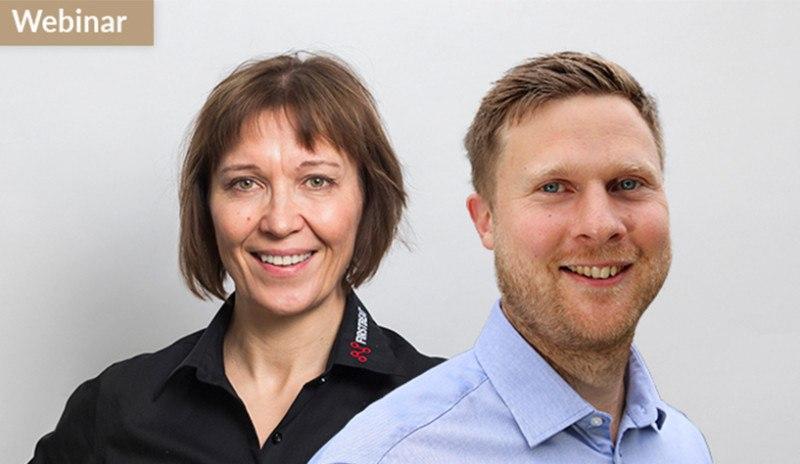
Investing Energy and Attention on What Matters Most
On Wednesday April 29th , Jason Howlett of management and behavioral change company FOCUSWRX joined us to discuss forming positive habits and achieving your goals, as well as offer simple tips to help employers and employees balance their performance and recovery. …
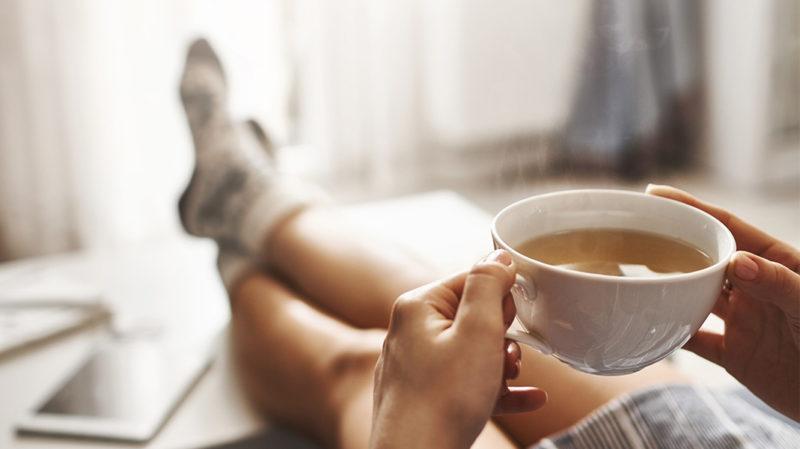
How to Look After Your Physical and Mental Well-Being When Daily Routines are Turned Upside Down
At a time like this, it’s tough to come up with meaningful wellness guidelines, without oversimplifying or overlooking people’s realities.

